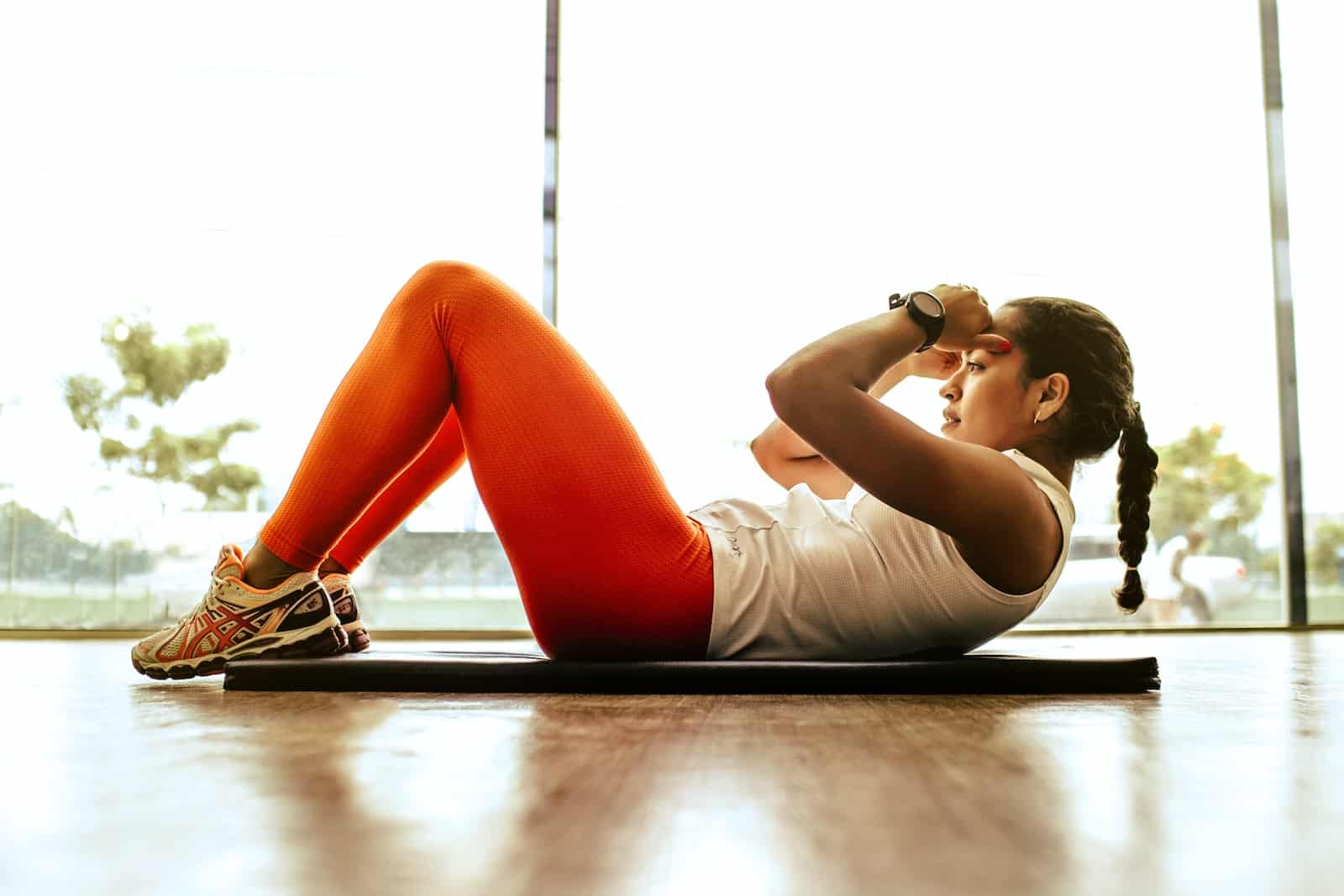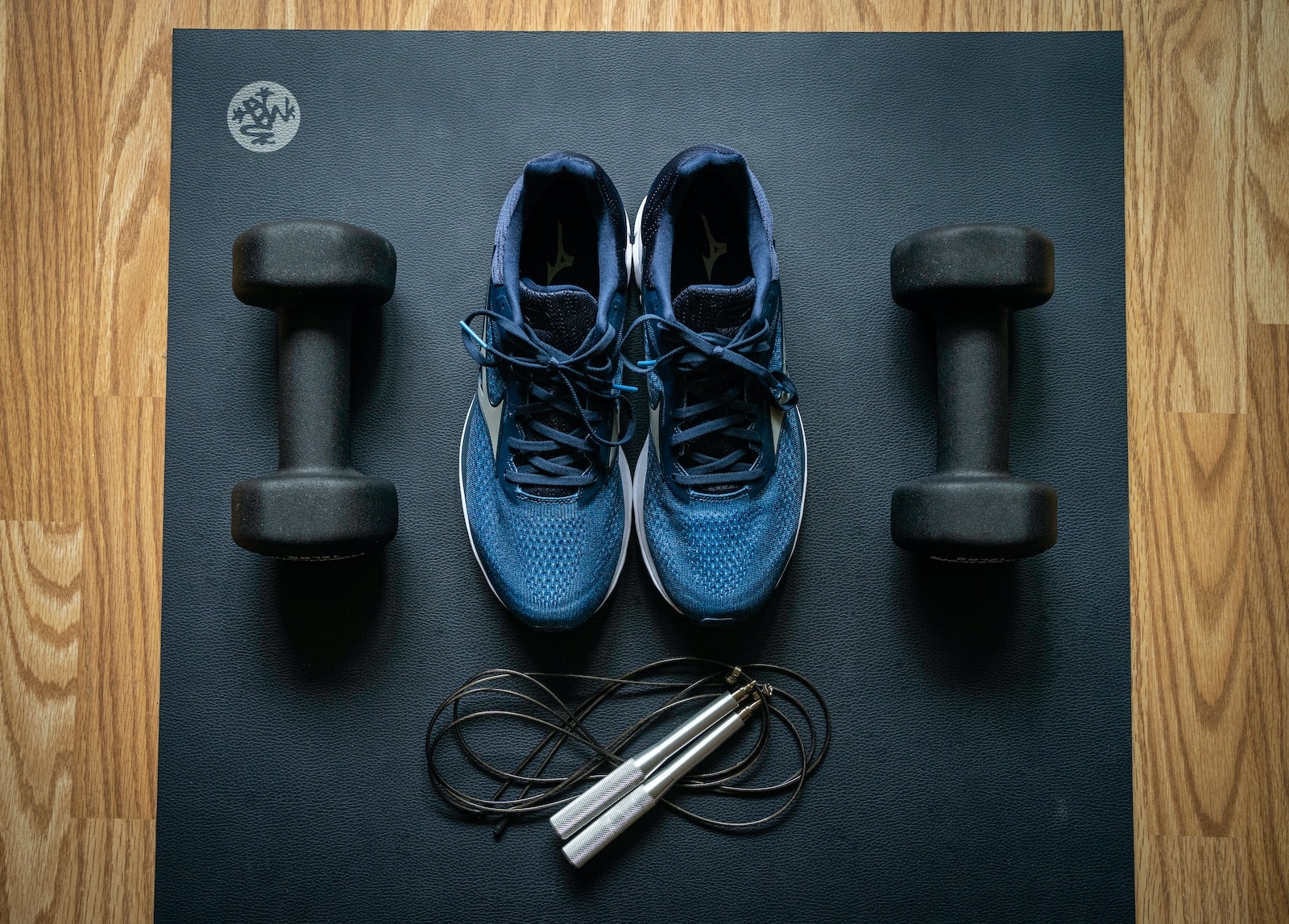 “Our beliefs become our reality.”
“Our beliefs become our reality.”
Before diving into how to gain muscle, what to eat & types of training to put yourself through, let’s instil the correct beliefs in our minds by busting the following myths.
You can’t get more robust & muscular on a vegan diet. Protein is all you need to build muscle, so it’s impossible to build muscle without consuming the only source of protein – “meat!”
Trying to get massive results with a vegan diet alone is like daydreaming.
Right??
WRONG! Building muscles on a vegan (plant-based) diet is not only a possibility but also a rewarding reality. Protein is one of the critical reasons for muscle building but not the only one, and it’s present in the vegan diet as well.
Then why are the majority of the vegans skinny?
Most of them are only concerned about helping reduce animal cruelty and religious restriction. And the ones who cared about gaining muscles didn’t have sufficient nutritional knowledge needed to build muscle and strength by eating plants. So, let’s understand how muscles grow and what you have to do.
How to Gain Muscles?
All you have to do to gain muscle is commit your mind to exercise regularly, eat a lot of food rich in protein and calories, and have sufficient rest.
Wait, is that all? YES! And here are some interesting facts for you.
Do you know why some people are overweight?
They eat plenty of food and even have sufficient rest but fail to exercise regularly. So the excess calories in food are not burnt by workouts, so they turn into fat. Eventually, they become overweight.
Why don’t many people get muscular and more robust even though they eat well and exercise regularly?
They don’t see any results because they aren’t in a caloric surplus or don’t take sufficient amounts of protein for muscle growth. (Caloric surplus: The number of calories we burn is lower than the number of calories we consume. In a caloric surplus, our body mass increases.)
When will it happen when people are on a proper diet, exercise regularly but skip sleep/rest?
Then there will be a delay in the recovery of the body. Your body needs “me time” to recover from the damage of the workouts you put yourself through. If you don’t give enough rest, it won’t be ready for the next workout. And this results in fatigue or soreness in the muscle.
And is it possible to get skinnier/lose muscle by working out?
Yes. When people perform intense workouts and do not eat enough food (Protein & Calories). When they burn calories without eating much, there are burning muscles.
So, protein and calories in food are the game-changers for people who want to build muscle?
Of course, they are!
But why? Protein is a crucial ingredient of muscles. Muscle growth happens when you take more proteins than your body breaks down.
When you work out, your muscle fibers get damaged. Then your body repairs them by adding protein fibers obtained from the food/beverage you consume. Eventually, you gain more muscle and strength.
On the other hand, calorie (energy converted from food and beverage being consumed) is the fuel of your body that helps you perform well during an intense workout and repair muscle fibers as you finish the workout. Now, it’s time for how many calories and protein you need to gain muscle.
How much protein and calories should you take to gain muscle?
There is no one-size-fits-all measurement of proteins/calories because everybody’s body and the body they aim to get are different.
To figure out which amount suits you well and gives a result, experiment with the numbers.
Here is the recommended range of protein per day for you to experiment with. (1.3 – 2g of protein/kg of one’s body). For more, check it out.
350 – 500 extra calories/day is recommended with their typical consumption for muscle gains. The number of calories you need regularly is based on your age, gender, and activity level.
You can easily find your perfect kcal/day with the help of calorie calculators available on the internet for free!
The third most essential aspect for actualizing your fitness goal is carbohydrates. Carbohydrates are the turbochargers of our body that give a quick boost and are also a sustainable form of energy. They keep us sharper and energetic throughout any intense activity.
What should you do now to build muscle as a vegan?
Once you figure out the number of calories and proteins you need to gain muscle, you have to add high-carbs and protein-rich food to your vegan diet list.
For instance:
- Nuts.
- Oats.
- Peanut Butter.
- Cereals.
- Quinoa and lentils.
- Pistachio Protein.
- Pumpkin seeds.
- Tempeh or Tofu.
- Beans & legumes: Packed with protein and fiber.
- Carbohydrates: as bread, potatoes, rice, and pasta in your diet.
- Fruits & vegetables: Inevitable and essential of vegan diets.
Finally, plant-based protein powders and protein bars are essential for smoothly hitting the target daily. And here are some of the high-protein vegan recipes for you.
Should I take supplements?
When you are following a holistic, natural-food-based, vegan diet and make sure that you include protein in your diet, you are usually covered on your supplements base (unless otherwise advised by your doctor).
In case you find your energy levels flagging during the day or if you are likely to work out late in the day after a tough workday, consider taking a preworkout supplement to help give you an energy boost and to maximise your training results, especially if you are lifting weights and pushing hard.
We always advise that people get enough sunlight to ensure a natural intake of Vitamin D, but depending on your work schedule and your requirements, your doctor may advise that you take an additional supplementation. Vitamin D is vital for many body functions including optimising your immune system and improving recovery from training by helping reduce inflammation in your body.
Which training is ideal for muscle building?
Well, the answer is hypertrophy training. It is the best form of training for gaining muscles effectively. It primarily incorporates weight training.
With the help of tension created by weights, hypertrophy training causes slight damage to muscle tissues for them to grow back stronger than before.
Full-body compound lifting is the ideal form of weight training to target a specific muscle group.
Such as,
- Dumbbell exercises.
- Pull-ups.
- Squats.
- Deadlifts.
- Incline bench press.
- Clean and press.
- Barbell bench press.
In this type of training, you will focus on increasing the sets and reps while reducing the weights little by little. Meanwhile, the rest period between reps has to be shortened.
Finally, it’s time for REST 🙂
Is Rest Important?
Muscles don’t grow when you are working out; they grow when you are resting after intense workouts. The size of your muscle will increase with new protein fibers.
That’s why you shouldn’t skip rest days to build muscles quickly. Apart from rest, drinking plenty of water is vital. Water is the vehicle that transports nutrients that form protein and glycogen structures. That’s why sufficient water is essential.
Thus, water, workout, rest, and diet go hand in hand for successfully building and maintaining muscles.
Bottom line: Commitment and consistency are the keys to actualizing your fitness dream. When you have a strong desire and conviction, execution is the only thing between you and your dream. Be driven!






3 comments
In our busy lives, it is necessary to relax and unwind from all the daily stress. There are a variety of ways in which we can do this such as going for a holiday or spending time with friends and family. One of the most popular methods of relaxation is Visit massage parlour near me
Myotherapy, also known as massage therapy, is the art of manipulating and kneading a person’s soft-tissues or muscles in order to improve their health or wellbeing.Visit body to body massage in bangalore this is a type of manual therapy that involves holding, moving and applying pressure on the muscles, tendons and ligaments.
Hello Carolyn Scott-Hamilton,
Thanks For Sharing Build Muscle Vegan Diet your Diet was Very Helpful to Me.